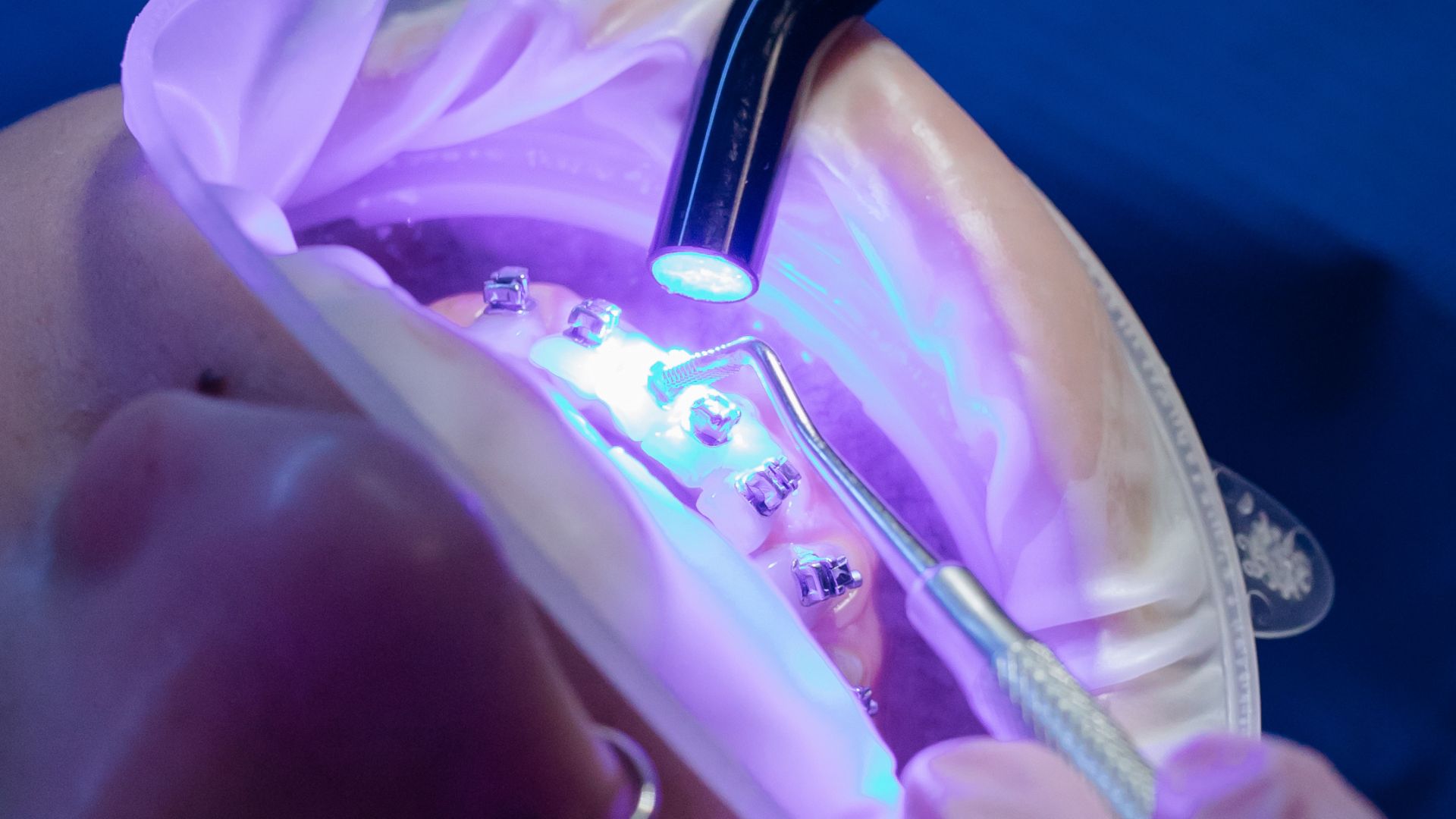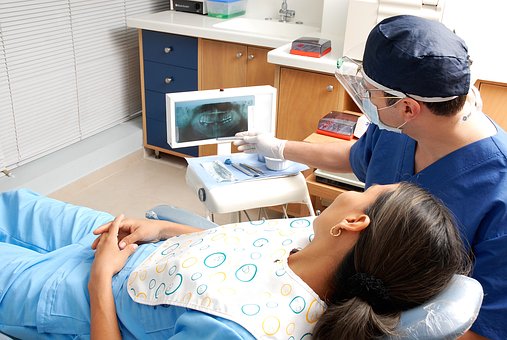Periodontal disease, also known as gum disease, is a serious oral health condition that can have far-reaching effects on both your smile and overall health. It is primarily caused by the accumulation of plaque and tartar on the teeth, which can lead to inflammation, infection, and, if untreated, tooth loss. While regular dental care is crucial to preventing and treating periodontal disease, emerging research has highlighted the significant role that nutrition plays in supporting oral health. In this article, we will explore how a nutrient-rich diet can prevent gum disease, enhance treatment outcomes, and promote overall oral wellness.
What is Periodontal Disease?
Periodontal disease is an infection of the gums that can range from mild inflammation (gingivitis) to severe destruction of the tissues supporting the teeth (periodontitis). The primary cause of gum disease is the buildup of plaque—a sticky film of bacteria that forms on the teeth. When plaque is not removed through brushing and flossing, it can harden into tartar, leading to gum irritation and infection. If left untreated, the infection can spread deeper into the tissues, causing bone loss and ultimately tooth loss.
The Link Between Nutrition and Oral Health
Good nutrition plays a critical role in maintaining healthy gums and teeth. Proper nutrition helps the body fight off infections, repair damaged tissues, and maintain strong bones—all of which are essential for gum health. A balanced diet rich in vitamins, minerals, and other nutrients helps the body maintain a strong immune system, which is crucial in fighting off the bacterial infections that cause gum disease.
Key Nutrients for Gum Health
- Vitamin C
Vitamin C is one of the most important nutrients for maintaining healthy gums. It is essential for the production of collagen, a protein that helps maintain the structure of gum tissue and supports wound healing. Vitamin C is also a powerful antioxidant that helps reduce inflammation and supports the immune system in fighting off infections.
A deficiency in vitamin C can lead to scurvy, a disease that causes gum bleeding, tooth loss, and general weakness. Even mild vitamin C deficiency has been linked to an increased risk of gum disease. Foods rich in vitamin C include citrus fruits, strawberries, bell peppers, broccoli, and leafy greens.
- Calcium
Calcium is well-known for its role in maintaining strong bones, and it is equally important for maintaining healthy teeth. The bones of the jaw provide support for the teeth, and calcium helps keep them strong. Low calcium levels can lead to bone loss, which can exacerbate periodontal disease and increase the risk of tooth loss.
In addition to promoting bone health, calcium also helps reduce the risk of gum disease by supporting the structure of the teeth and gums. Dairy products such as milk, cheese, and yogurt are excellent sources of calcium, as are plant-based options like fortified almond milk and leafy greens such as kale and collard greens.
- Vitamin D
Vitamin D is vital for the absorption of calcium, and it plays an important role in bone health. Adequate levels of vitamin D are necessary to maintain healthy gums and prevent periodontal disease. Research has shown that individuals with low levels of vitamin D may be more susceptible to gum disease, as vitamin D helps regulate the immune system and fight inflammation.
Sunlight is the most natural source of vitamin D, but it can also be obtained from foods like fatty fish (salmon, mackerel, and sardines), egg yolks, and fortified foods such as milk and cereals.
- Omega-3 Fatty Acids
Omega-3 fatty acids, found in fatty fish like salmon, mackerel, and sardines, have been shown to reduce inflammation in the body. Inflammation is a key contributor to periodontal disease, and omega-3s can help alleviate the swelling and redness associated with gum infections. These fatty acids also have anti-inflammatory properties that can reduce the damage caused by gum disease, potentially slowing or reversing its progression.
- Coenzyme Q10 (CoQ10)
Coenzyme Q10 is a powerful antioxidant that plays a role in cellular energy production. It has been shown to help reduce gum inflammation and promote the healing of gum tissues. Some studies suggest that CoQ10 supplementation can be beneficial for individuals with gum disease, as it may help improve the health of the gums and reduce the severity of periodontal symptoms.
CoQ10 is found in foods like fatty fish, spinach, broccoli, and whole grains, and is also available in supplement form.
- Folic Acid
Folic acid, a form of vitamin B9, plays an essential role in cell growth and repair. It is particularly important for maintaining healthy gums. Folic acid helps reduce gum inflammation and promote the healing of gum tissues. A deficiency in folic acid can increase the risk of gum disease and contribute to oral infections.
Leafy greens, citrus fruits, beans, and fortified cereals are good sources of folic acid.
Foods to Avoid for Gum Health
In addition to eating foods that promote gum health, it’s just as important to limit or avoid foods that can contribute to periodontal disease. Diets high in sugar and processed foods can lead to the accumulation of plaque and tartar on the teeth, increasing the risk of gum disease. These foods also promote inflammation in the body, which can worsen the effects of periodontal disease.
Carbonated soft drinks, sugary snacks, and refined carbohydrates like white bread and pasta should be consumed in moderation, if at all. Instead, focus on eating whole, nutrient-dense foods that provide the vitamins and minerals needed to maintain healthy gums.
The Role of Hydration in Gum Health
Staying well-hydrated is essential for overall health, including the health of your gums. Drinking plenty of water helps wash away food particles and bacteria that can contribute to plaque buildup. It also supports the production of saliva, which is crucial for neutralizing acids in the mouth and preventing dry mouth—a condition that can increase the risk of gum disease.
Conclusion
Nutrition plays a key role in preventing and treating periodontal disease. A balanced diet rich in vitamins and minerals, including vitamin C, calcium, vitamin D, omega-3 fatty acids, and folic acid, supports healthy gums, reduces inflammation, and helps the body fight off infections. By incorporating these nutrients into your diet and practicing good oral hygiene, you can significantly reduce your risk of gum disease and improve your overall oral health.
Remember, while nutrition is essential, it should complement regular dental visits, brushing, flossing, and other preventive measures. If you notice signs of gum disease, such as bleeding gums, bad breath, or gum recession, don’t hesitate to visit your dentist for an evaluation and early treatment. With the right diet and professional care, you can protect your gums and preserve your smile for years to come.



